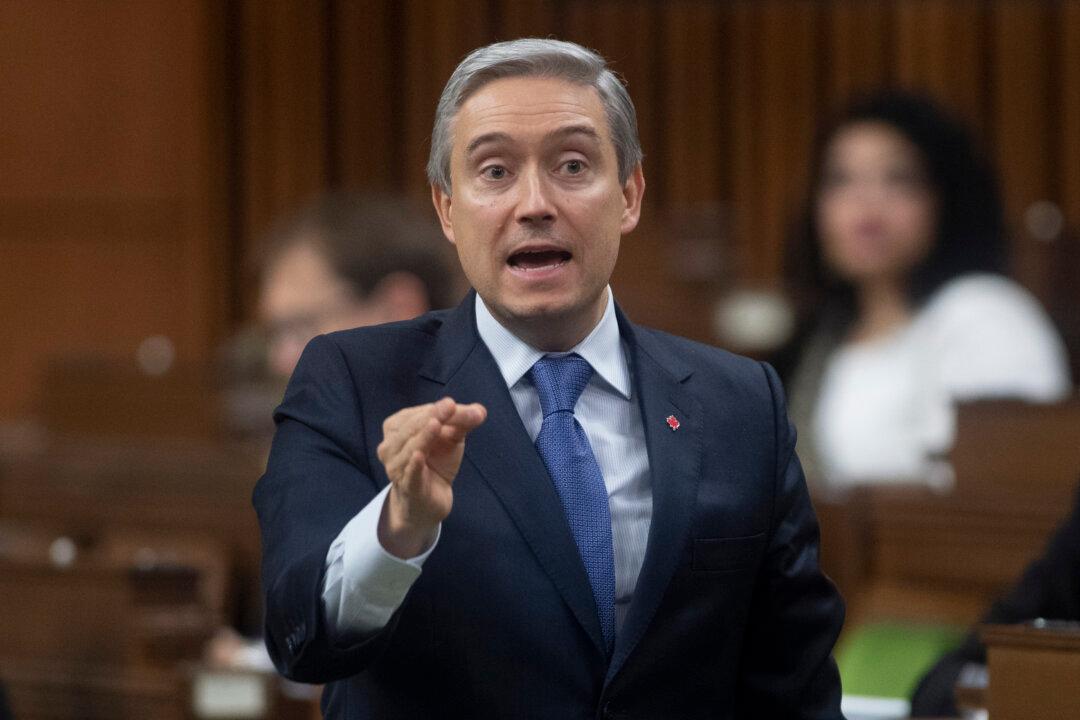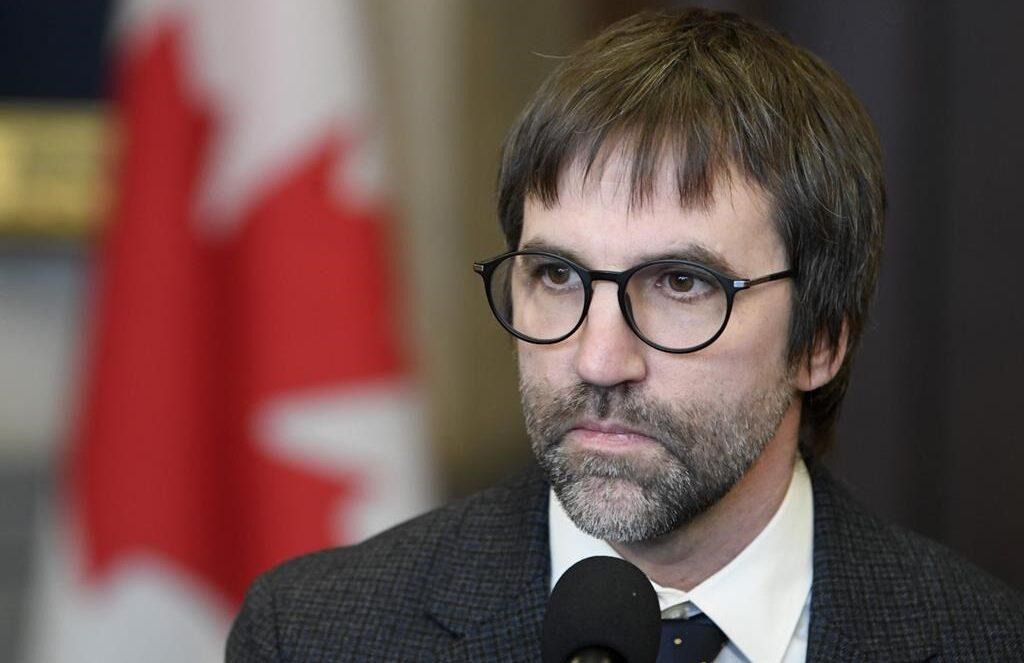Foreign Affairs Minister Francois-Philippe Champagne’s remarks that Canada needs to avoid tough talk on China appears to be a departure from the seemingly more assertive tone the Liberals have taken in recent weeks on Beijing.
Champagne said Monday that tough talk on China could hurt efforts to gain the release of two arbitrarily detained Canadians. Testifying before the House of Commons Canada-China relations committee (CACN) on Nov. 23, Champagne urged MPs to keep the fate of Michael Spavor and Michael Kovrig in mind when they condemn China’s communist regime.





